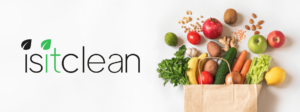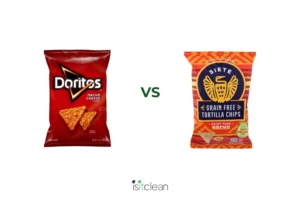
Acesulfame potassium is a zero-calorie sweetener that is added to many sugar-free…



Microbial enzymes are proteins derived from microorganisms, such as bacteria, fungi, or yeast, and they play a crucial role in various food processing applications. These enzymes are produced through fermentation processes where microorganisms are cultivated and allowed to produce the desired enzymes. During fermentation, the microorganisms secrete enzymes into the surrounding medium, and these enzymes can then be harvested, purified, and utilized in the food industry for processes like cheese making, bread baking, and the production of various beverages. The use of microbial enzymes in food processing enhances efficiency, improves product quality, and provides a more controlled and sustainable alternative to traditional methods.

Microbial enzymes are naturally derived and are vital for many naturally occurring processes in the environment and the human body. They appear to be safe when used in food production.
Health is like a bank account, certain ingredients make a deposit into your health bank, meaning they add to
your health. Certain ingredients withdraw from your health bank. We want health promoting ingredients in our diet. To keep things simple, we rate ingredients on a green, yellow, red scale:

It is naturally occurring in food and has no harmful effects on the body. It is real food. It is health promoting.

It goes into one or more of the below categories

It is known to have a harmful effect on the body (ex. All food colorings, Natural Flavors, MSG, Potassium bromate, aspartame, artificial flavors)



The Food Showdown: Popcorners flavors
Ingredient Rating: Canola oil – is it bad for you?
Clean Consuming: Nourishment for your

We have accomplished so much in just 1 year since our launch in March of 2023! We now have 10,000

The Nacho Chip Food Showdown, is Tapioca Starch safe in food? and a must-see documentary on America’s food system.
Stay in the know with the latest ratings, articles, and our newsletter, The Dirt.